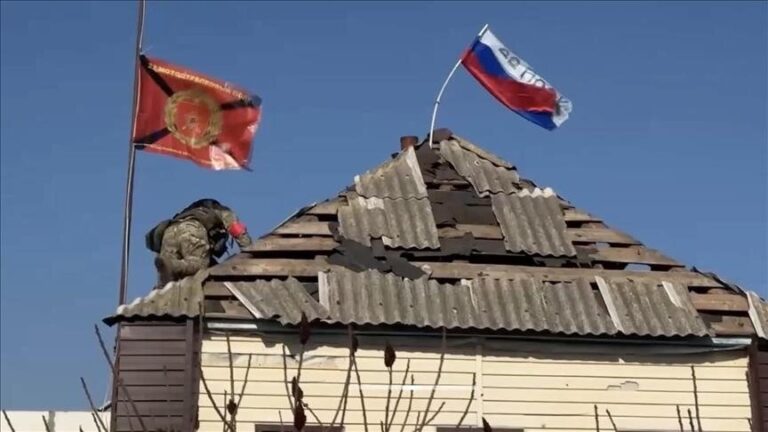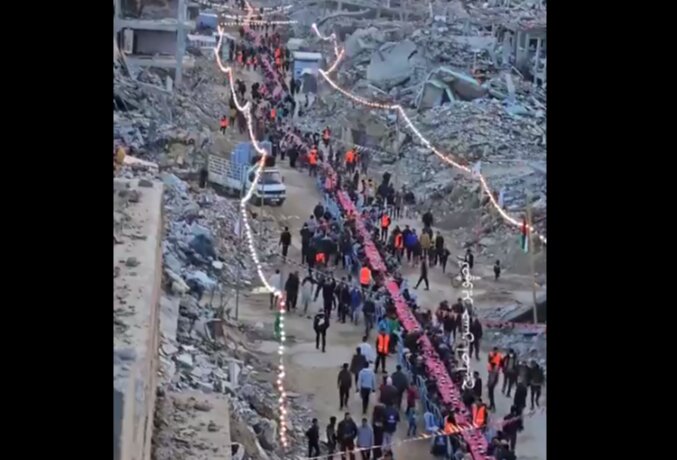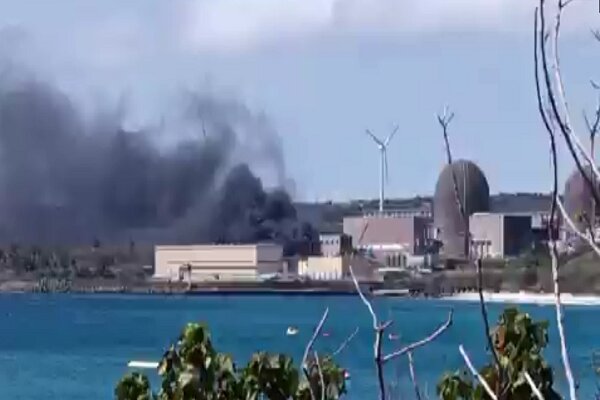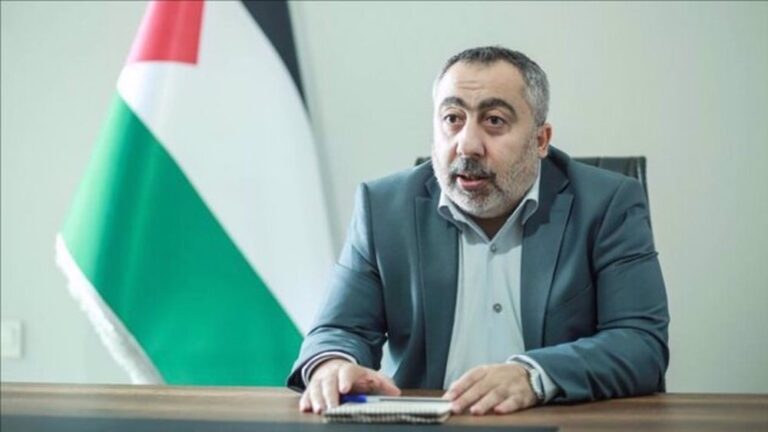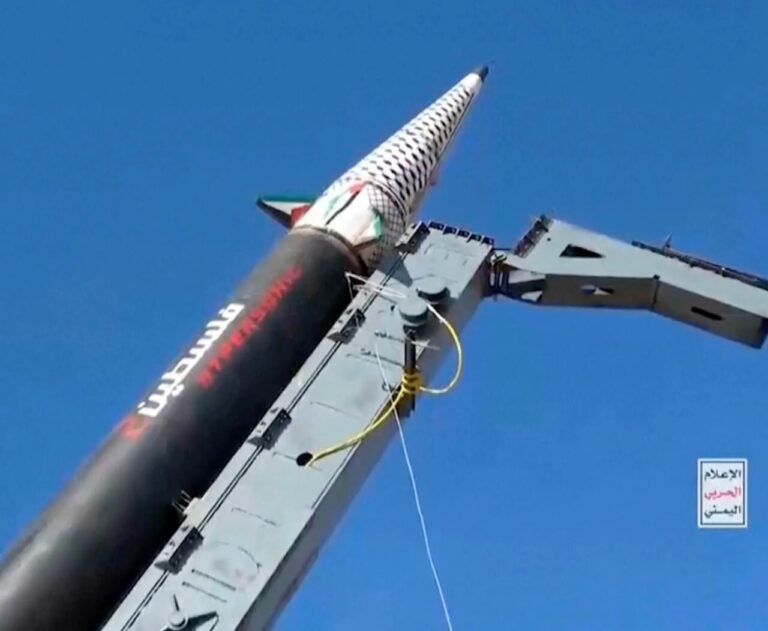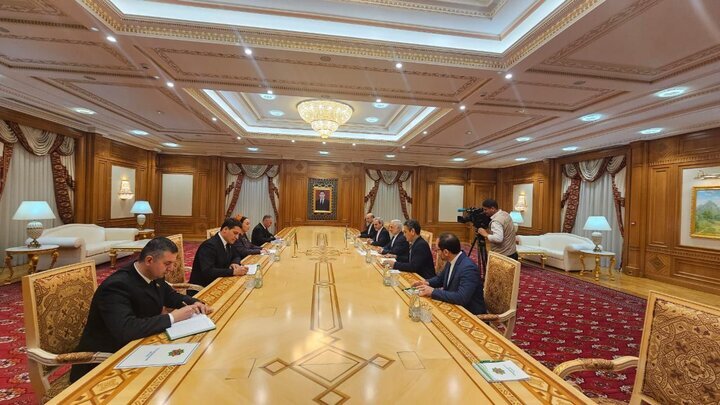US Asserts Legal Justification for Israel’s Attacks on UN Agencies at ICJ
In a recent address to the International Court of Justice (ICJ), a U.S. official defended Israel’s military actions against United Nations agencies in Gaza, asserting that these actions could be considered lawful under international law. This discussion comes as Israel’s prohibition on humanitarian aid to Gaza approaches its two-month mark, raising significant concerns about the humanitarian crisis in the region.
The U.S. official’s remarks stood in stark contrast to the positions taken by the UN’s top legal authority and twelve other nations that have addressed the court this week. Joshua Simmons, the senior bureau official from the Office of the Legal Adviser at the U.S. Department of State, stated that international law does not impose “unqualified obligations on an occupying power” regarding the humanitarian assistance provided by the UN, international organizations, and third states.
Simmons emphasized that “in the law of occupation, military and humanitarian interests converge.” This statement highlights the complex interplay between military operations and humanitarian efforts in conflict zones. Below are some key points from Simmons’ address:
- Article 59 of the Fourth Geneva Convention: Simmons referred to this article, which addresses the humanitarian responsibilities of an occupying power. He argued that it does not impose an absolute obligation to allow relief efforts to the population under military control.
- Role of third states: The article permits relief efforts to be carried out either by states or by unbiased humanitarian organizations, such as the International Committee of the Red Cross.
- Impartiality of UNRWA: Reflecting Israel’s position, Simmons raised questions about the neutrality of the United Nations Relief and Works Agency (UNRWA) as a provider of aid in the region.
This defense of Israel’s actions comes amid ongoing debates about the legitimacy and consequences of military operations in densely populated civilian areas. The humanitarian situation in Gaza has been dire, with many civilians lacking access to essential resources such as food, water, and medical supplies due to the blockade. This has led to widespread criticism from various international bodies and human rights organizations.
In the context of international law, the responsibilities of occupying powers are complex and often contested. Proponents of humanitarian aid argue that it is a fundamental right and obligation to ensure that civilians receive the assistance they need, regardless of ongoing military operations. Critics of Israel’s blockade and military actions assert that these measures disproportionately affect civilians and violate international humanitarian law.
As the situation in Gaza continues to evolve, it remains crucial to monitor the developments surrounding humanitarian access and the legal arguments being presented at the ICJ. The international community is closely watching how these legal interpretations will influence the ongoing conflict and the humanitarian response in the region.
In summary, the recent statements made by U.S. officials at the ICJ reflect a significant legal stance on the occupation and humanitarian aid obligations. The implications of these arguments are profound, impacting not only the immediate humanitarian situation in Gaza but also setting precedents for international law regarding military occupation and humanitarian assistance.
In conclusion, the debate surrounding Israel’s military actions and the legal frameworks governing humanitarian aid continues to be a contentious issue. As global attention focuses on Gaza, the outcomes of legal discussions at the ICJ will likely have lasting effects on international humanitarian policies and the protection of civilians in conflict zones.

